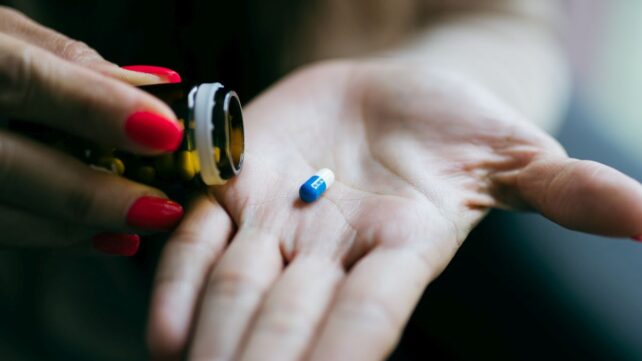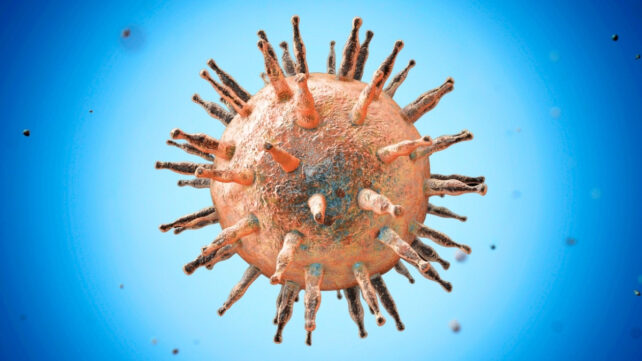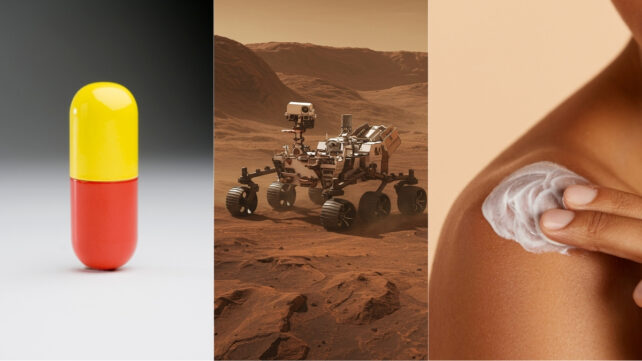This week in science: Regular injections could soon be a thing of the past for two different ailments, as a new pill arises as an alternative to Ozempic, and a skin cream could replace insulin shots for diabetics. Plus, a strange rock on Mars that's truly alien, and much more!
New Diabetes Pill Works as Well as Ozempic For Weight Loss, Trial Finds

A drug called orforglipron has shown promise in a new clinical trial, with weight loss results comparable to Ozempic, but in pill form.
The results were pretty conclusive. The group on the highest dose, 36 milligrams, lost, on average, 9.6 percent of their body weight, or around 9.6 kilograms. The 12-milligram group lost an average of 7 percent of their body weight, and the 6-milligram group 5.1 percent. The placebo group, on average, lost 2.5 percent.
Read the full story here.
Scientists Trace Lupus to One of The World's Most Common Viruses

A new study links the chronic autoimmune disease lupus to a particularly nasty infection by the common Epstein-Barr virus.
Patients with lupus show a deeper infection, possibly because they acquired a more virulent EBV strain. Among patients with the autoimmune condition, researchers found the proportion of B cells infected with EBV is about one in 400. That's 25 times higher than in healthy individuals.
Read the full story here.
NASA Discovered a Rock on Mars That Doesn't Belong There

NASA's Perseverance rover has discovered a strange rock on Mars that doesn't belong there: a likely meteorite that struck the red planet.
The 80-centimeter-wide rock (about 31 inches) was given the name Phippsaksla. What makes Phippsaksla something of a stranger in its geological neighborhood is its composition, which is rich in iron and nickel, suggesting that it hasn't always lived on Mars.
Read the full story here.
Breakthrough Diabetes Treatment May Deliver Insulin Through a Skin Cream

A new way to deliver insulin, through a cream rubbed into the skin, could herald the end of injections for people with diabetes.
In tests in mice, the treatment brought blood glucose concentrations to normal levels within an hour with an efficacy on par with insulin injections. The levels then remained stable for 12 hours.
Read the full story here.
Astronauts Are Stranded in Space Right Now: Here's What We Know

Three Chinese astronauts are currently stranded on the Tiangong space station, with officials planning a retrieval launch for next week.
The only craft available to them was hit by space junk in early November, cracking the vehicle's viewing port. The cause of the collision was a "tiny piece of space debris," the China Manned Space Agency (CMSA) said in a statement at the time.
Read the full story here.
We May Now Know Why Alzheimer's Erases Memories of Our Loved Ones

Scientists have identified how Alzheimer's erodes brain structures essential for recognizing people – and potentially how to stop it.
"In our research with mice, when we kept these brain structures safe early in life, the mice suffering from this disease were better at remembering their social interactions," says lead author Lata Chaunsali.
Read the full story here.

